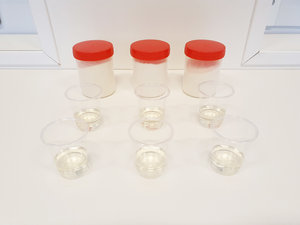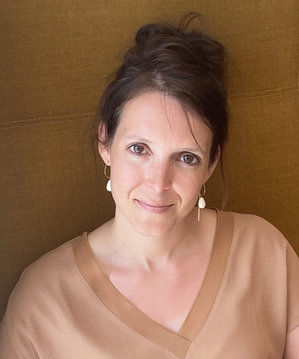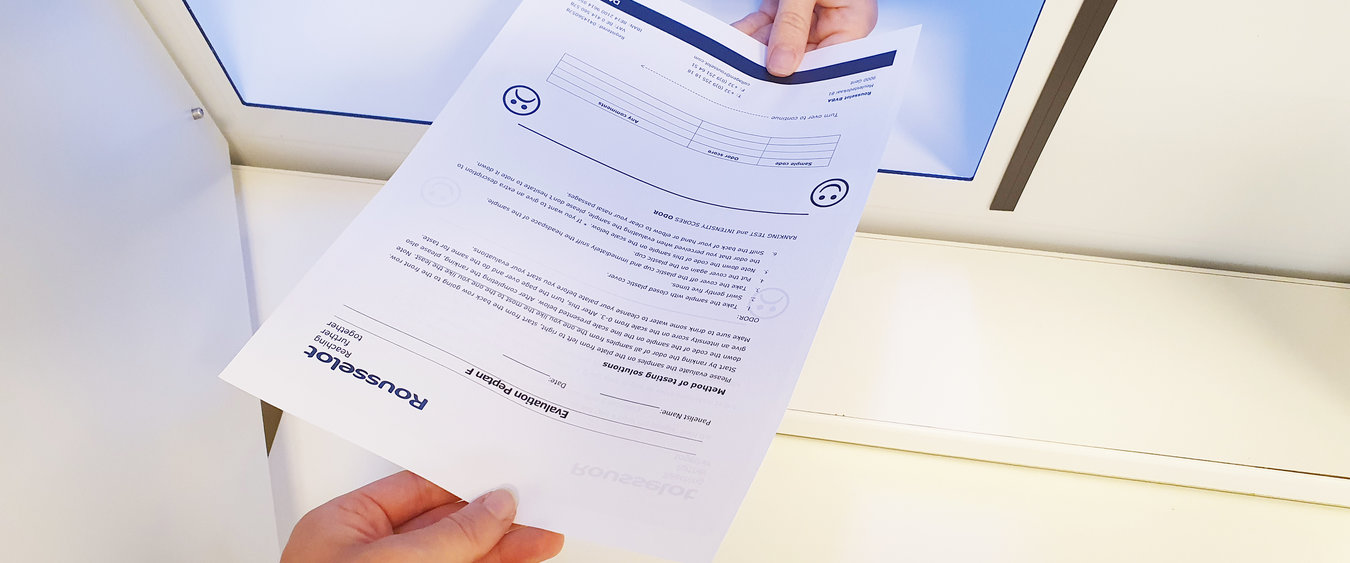
‘Supertasters are people who are more sensitive than average to taste and taste differences,’ says Sara De Pelsmaeker, Global Business Development Manager Health & Nutrition at Rousselot and a sensory expert herself. ‘This is not something subjective that belongs to people who are ‘fussy about food’. It has a biological and anatomical base: research has shown that supertasters literally have more taste buds than average.’
According to some sources, about a quarter of the population consists of supertasters, around half are average tasters and the remaining quarter are non-tasters. One way to measure your status in this field is to test your sensitivity to a bitter chemical called 6-n-propylthiouracil, also known as PROP. To non-tasters, the chemical does not taste bitter at all; average tasters taste the bitterness, but don’t mind it; and for supertasters, it is just too much!
Taste buds, language skills and training
Qualifying for supertaster status at Rousselot takes more than an XL set of taste buds, however. Sara explains: ‘A supertaster is someone who senses a richer range of taste variations than average, can differentiate between them, has a strong memory for storing small differences and also the language skills to accurately describe all the differences. For example, while many of us would never notice a minor taste deviation in a batch of gelatin, a supertaster will not only notice it, but also be able to identify exactly how the taste differs from the norm. This has to do with the five basic tastes the human tongue distinguishes, according to scientists: salt, sweet, bitter, sour, and umami. The natural ability of supertasters, combined with the six-month sensory training program we take them through here at Rousselot, enables them to make an invaluable contribution to our sensory testing activities.’
Subjective and objective sensory testing
Sara explains that there are, essentially, two ways of conducting sensory testing. The first method is subjective: you ask a person, or people, whether they like the flavor of a product or not, and what they think it tastes like. This method is quite common with final food and beverage products. The second method is objective and based on measurable observations. Here, testing is conducted in compliance with strict international norms, such as the ISO 20613:2019, which provides test labs with guidelines on how to implement a sensory analysis program in quality control. Other norms include those for training sensory testers. Rousselot’s Global Sensory Program is fully compliant with all the relevant norms, from facilities and procedures to training and testing activities.
Most specialized tasters in the world
Rousselot does all of this internally for several reasons, explains Sara: ‘External sensory testing agencies tend to focus on final consumer products, often specializing in a certain niche, such as beer, chocolate or wine. Also, they tend to lack specific expertise in gelatin and collagen. Another reason is that testing the taste, smell and color of our products is a day-to-day activity. Every batch at every plant is tested on the basis of a comprehensive range of specific quality norms. These include things like microbiological activity as well as sensory properties of taste, smell and color. It would be complicated to outsource all of that. You could say our sensory panel members are among the most specialized gelatin and collagen tasters in the world.’

Sara De Pelsmaeker, PhD
Global Business Development Manager at Rousselot Health & Nutrition
Dr. Sara De Pelsmaeker graduated as a Bio-Engineer in Food Technology and Nutrition in 2009 at Ghent University. She obtained her Doctoral Degree in Applied Biological Sciences in 2016 at Ghent University with an expertise in sensory analysis. During her PhD at the department Agricultural Economics, she gained extensive knowledge on business development and economics. She started her career at the Coca-Cola Company where she worked as sensory specialist EMEA and in R&D focusing on adult sparkling drinks.
Since 2018 she has joined Rousselot as a Product and Business Development Manager to support the Rousselot business in North-West Europe. Since 2021, she is focusing on the global business development of the Rousselot Health & Nutrition segment. In her role, she works together with existing and potential customers to find the perfect solution for new collagen-based launches.
DISCLAIMER:
Rousselot makes no representation or warranty, whether expressed or implied, as to the accuracy, reliability, or completeness of the information, nor does it assume any legal liability, whether direct or indirect, for any information. Use of this information shall be at your discretion and risk. Nothing herein relieves you from carrying out your own suitability determinations and tests and from your obligation to comply with all applicable laws and regulations and to observe all third-party rights. This product is not intended to diagnose, treat, cure, or prevent any disease.
